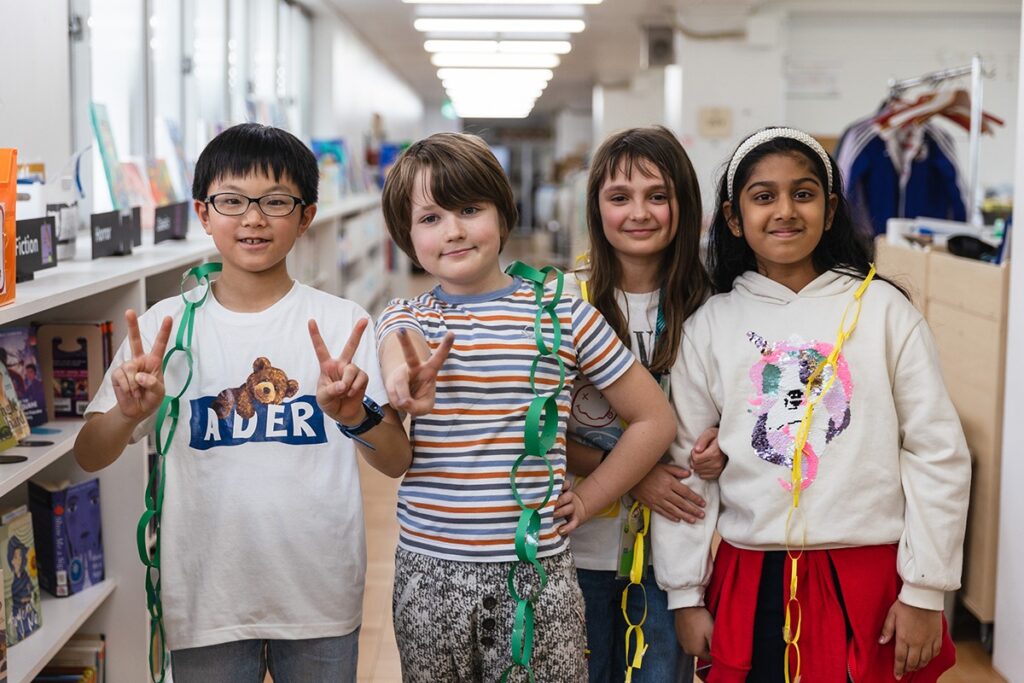Innovative Learning Fuels Japan’s International School Boom
The international school boom in Japan is driven by a desire for a holistic and globally-minded education. This article delves deeper into the innovative curricula and unique school environments that are attracting families and fulfilling this new demand. These offerings demonstrate a fundamental re-imagining of what education should be for the next generation.
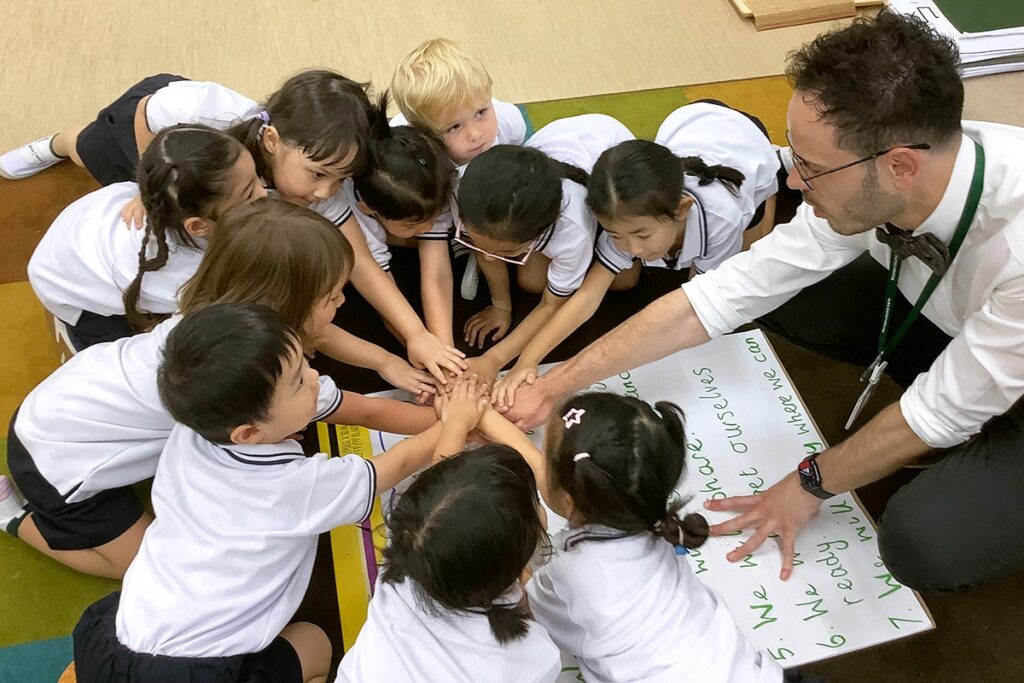
What Innovative Curricula Are Popular in International Schools in Japan?
International schools offer innovative curricula that are globally recognized. These programs are designed to cultivate curiosity, adaptability and resilience, aiming to educate the “whole person.”
- International Baccalaureate (IB) Program: This is a popular choice offered by schools such as Malvern College Tokyo, Aoba Japan International School, and Saint Maur International School.
The IB curriculum is highly valued for providing the necessary skills to succeed in a rapidly changing world. Malvern College Tokyo Headmaster Ewan McCallum said: “A Malvern education aligns perfectly with the values of an IB education, inspiring pupils to become confident, compassionate, and future-ready adults. Both share a belief that learning should develop curiosity, creativity, and character, preparing young people not just for exams, but for life.”
It is often said that children will one day work in jobs that do not yet exist. “However, at Malvern we believe in going further, equipping them today with the skills, mindsets and values to flourish in any future they choose to create,” he said.
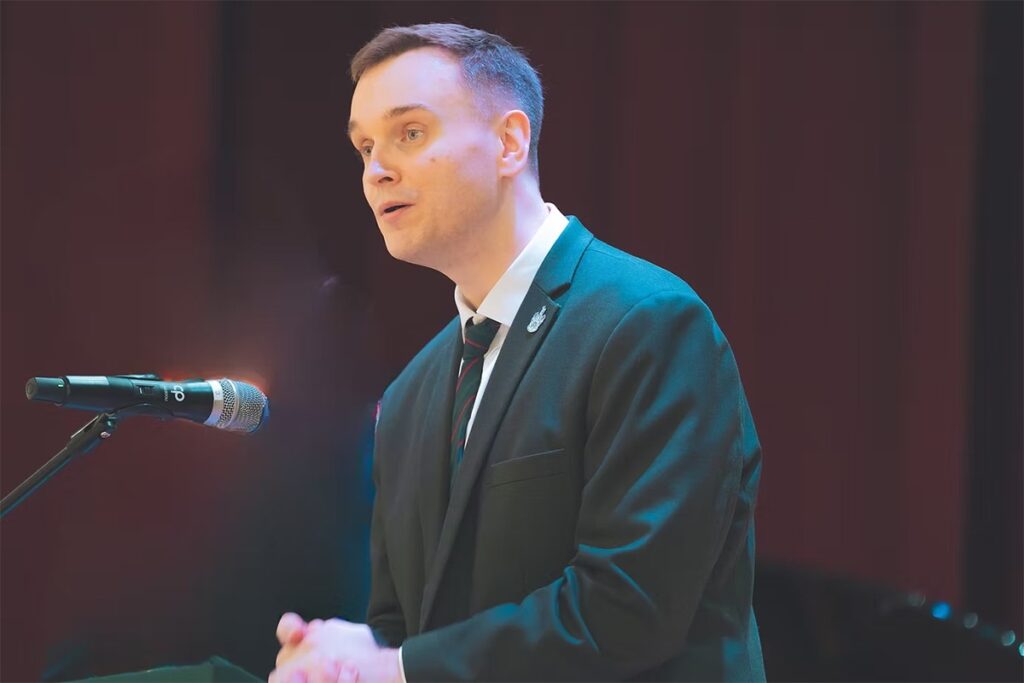
Belinda Hashimoto, Admissions and Marketing Director at Aoba-Japan International School, says the school focuses on “equipping children with adaptable, flexible skills for an uncertain future [and] on intercultural skills [that] resonate with families seeking a future-ready education for their children.”
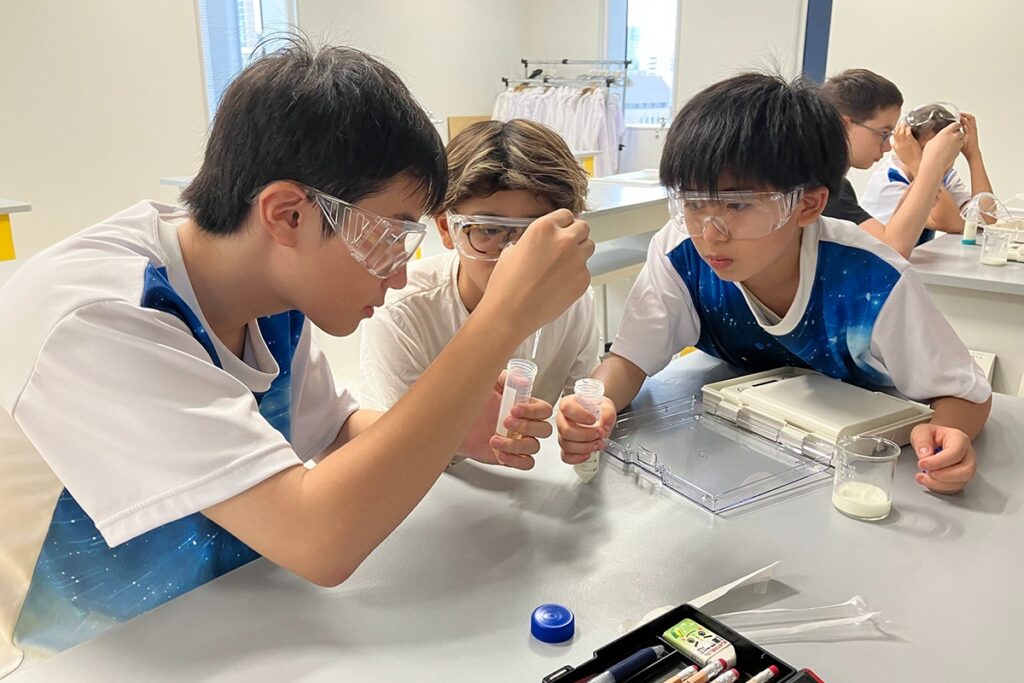
- STEM and Cambridge Curriculum: Some schools offer specialized programs to meet specific demands, such as the strong STEM and Cambridge curriculum at Laurus International School of Science. Donna van Heyningen, Primary & Secondary School Principal at Laurus International School of Science says, “At Laurus, children begin exploring STEM from their earliest years through hands-on science experiments and exploration. In primary and secondary school, entrepreneurship and real-world innovation projects build on this foundation. Bridging this unique approach with the globally recognised Cambridge curriculum, we prepare students with the skills to harness and even develop emerging technologies, empowering them to become inspired and innovative leaders ready to shape the future.”
- American curriculum with Cultural Enrichment: Founded in 1949, Nishimachi International School is known for its rigorous curriculum and close knit community. Nishimachi’s American standards curriculum taught entirely in English includes the additional benefit of Japanese language lessons for beginners to advanced speakers once a day. Martina Schaefer, Marketing and Communications Manager, says “Nishimachi provides a welcoming, community-focused environment with a strong curriculum of experiential and inquiry-based learning. As a coeducational school, we nurture curiosity, collaboration, and confidence in every student. Families value our convenient After School Care and After School Programs offering a wide range of enrichment activities.”
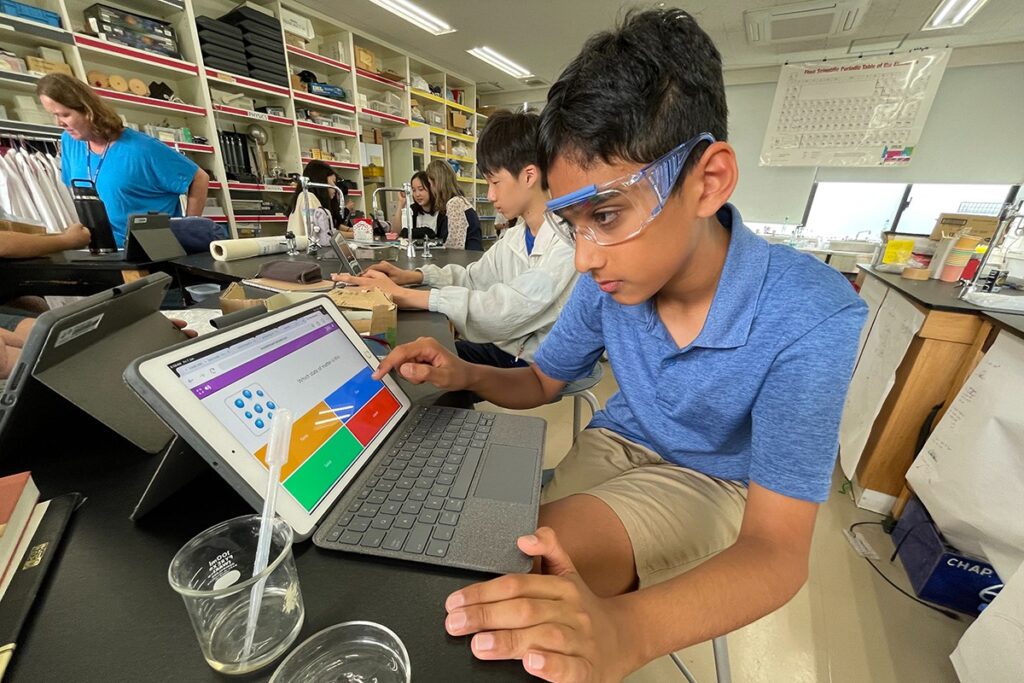
- Blended Learning: Schools such as MEES International School are recognized for their well-rounded approach, blending Montessori and Reggio Emilia principles in the preschool years leading to project-based and inquiry-driven learning in the elementary program. Across all levels, mixed-age and forest education foster curiosity, resilience and community. As Kent MacLeod, Deputy Head of MEES, notes, “By combining academic challenge with hands-on learning, boutique international schools are creating something distinctive, an education that is rigorous yet deeply human, preparing children not just for tests but for life.”
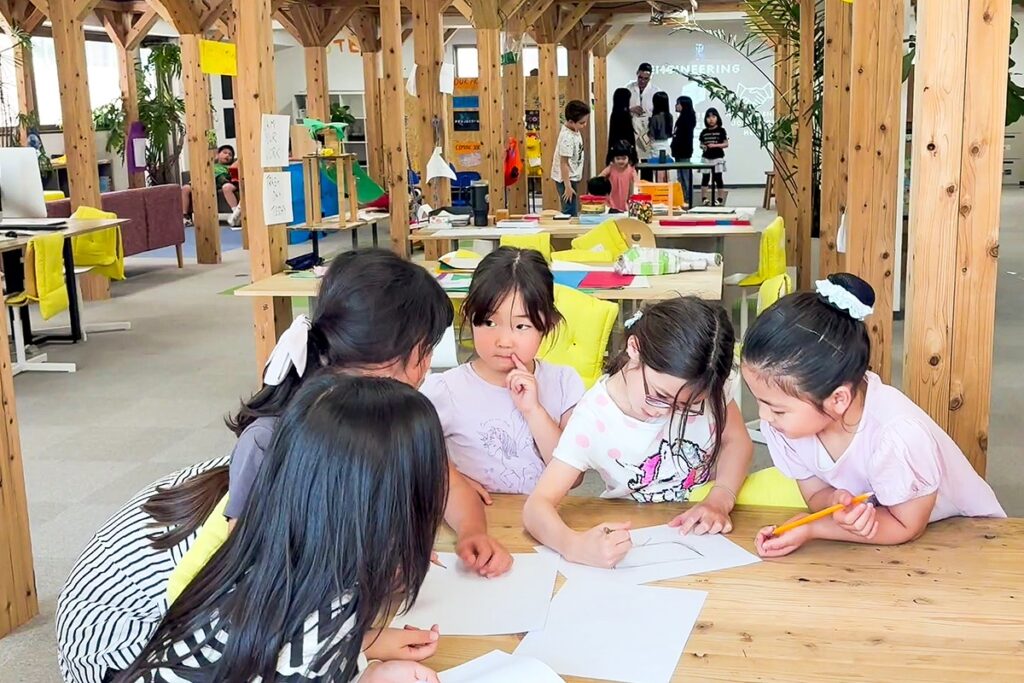
Why Are “Boutique Schools” Gaining Popularity in Japan?
According to MacLeod, a significant trend attracting parents is the growing appeal of “boutique schools” which are smaller, more intentional and personal institutions. Parents are drawn to these environments because they combine global perspectives with the intimacy of a close-knit community.
At these schools, every child is “known by name,” which makes the education feel “less institutional and more like a community.” This nurturing environment helps children, both expatriates and Japanese, thrive.
Additionally, Gilles Gaury, Public Relations Director at Saint Maur International School, gives his own insights on why international schools are gaining popularity, saying, “Despite or because of Japan’s declining birthrate and with the rise of China and India as global powers, many families are turning to international education to prepare their children for a future that demands cultural fluency, global awareness and strong academic foundations.”
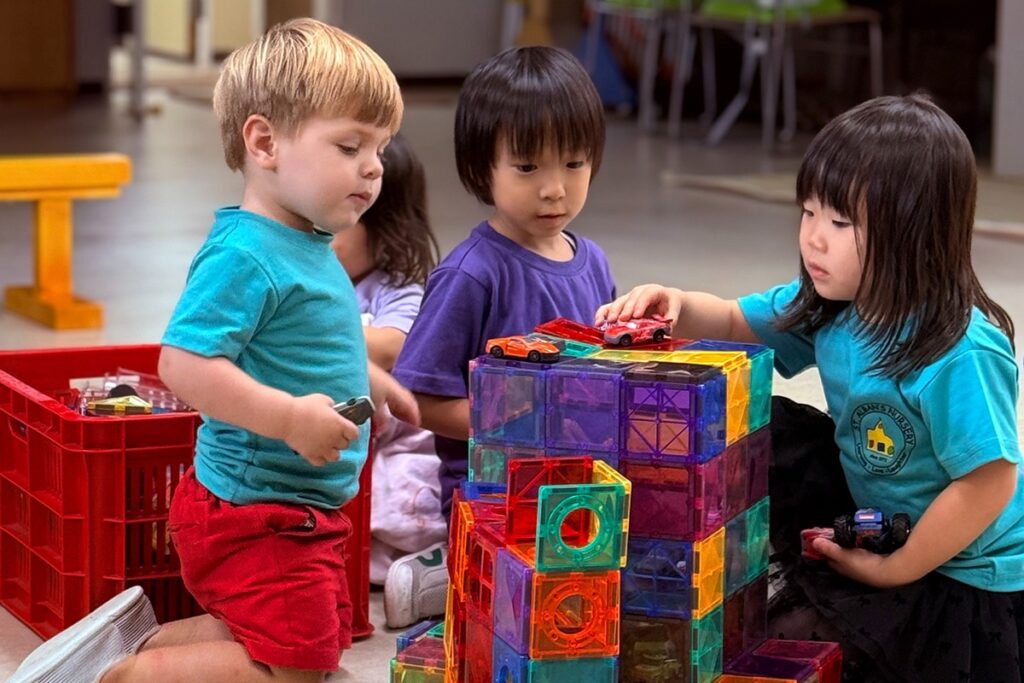
- Intimacy and Self-Assurance: Roslyn Hayman, Executive Director at Saint Alban’s Nursery, emphasizes the value of “small is beautiful” and focuses on “developing not only our students’ English and essential learning skills, but also the self-assurance and will to learn that have given them a high rate of successful entry into Tokyo’s top international primary schools.”
- Community Trust and Legacy: Schools such as Summerhill International School have built a strong reputation within Japan. Laura Bolze, Communications Manager at Summerhill International School, says, “International education is a strong choice, as it fosters a multicultural environment and provides an adaptable skill set that supports lifelong growth. Our school is highly valued by families beginning their education journey, thanks to our multicultural setting, the trust built for more than 60 years and the strong results of our IB curriculum.”
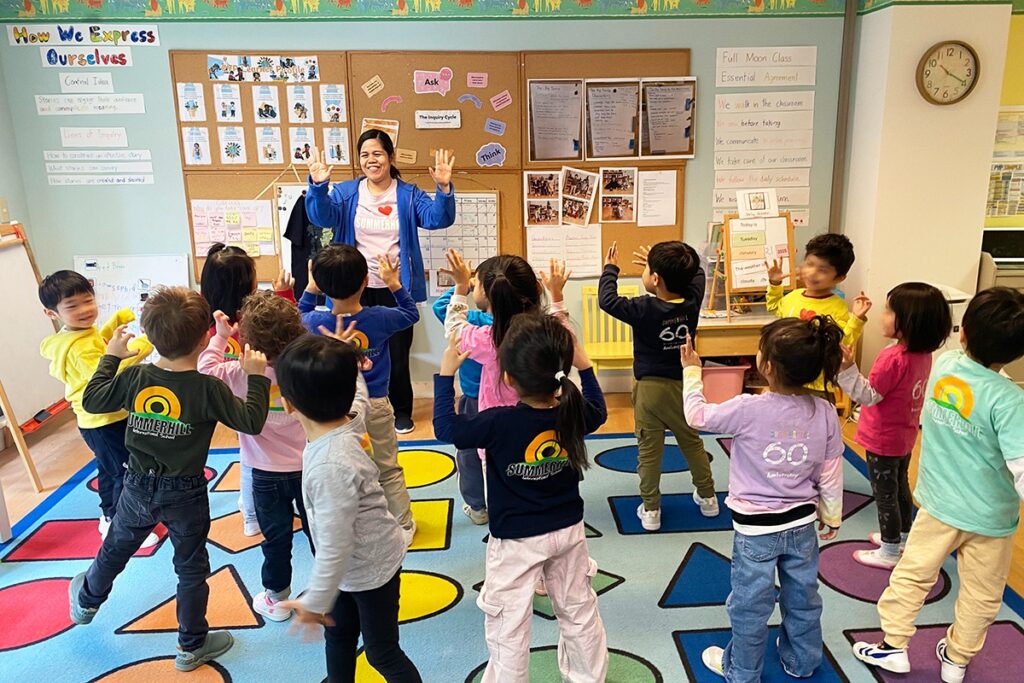
- Nurturing Rigor: Saint Maur International School, Japan’s oldest and most trusted international school, also holds a powerful legacy. Many families are turning to international education to prepare their children for a future that demands cultural fluency, global awareness and strong academic foundations. As Japan’s oldest international school, Gaury says that Saint Maur offers “a nurturing environment, rigorous academics and a truly international community. Families choose us for our proven record of preparing students to thrive in top universities worldwide and to succeed in an increasingly interconnected world.”
Conclusion: Looking Ahead with Diverse Educational Choices
The proliferation of diverse international schools—from STEM-focused institutions such as Laurus to holistic, community-centric schools such as MEES and culturally rich schools such as Nishimachi—confirms that the shift in Japan’s educational landscape is a lasting, fundamental change. This diversity ensures that parents have numerous excellent options to secure an innovative, future-proof education for the next generation. We encourage you to research the specific curricula mentioned here to find the best fit for your child’s learning style.

FAQ
What is the main goal of the International Baccalaureate (IB) program?
The IB program is globally recognized and aims to cultivate curiosity, adaptability and resilience in students. Its core mission is to educate the “whole person” and provide the skills needed to “succeed in a rapidly changing world.”
What is the benefit of a “blended pedagogy”?
A blended approach includes multiple pedagogies to support every stage of learning. At MEES, influence of Montessori, Reggio Emilia approaches and project-based learning in elementary nurtures curiosity, confidence and creativity from early ages to upper elementary.
Why do parents choose “boutique schools” over larger institutions?
Parents are drawn to boutique schools for their intimacy and community focus. These smaller settings ensure every child is “known by name,” making the education feel “less institutional and more like a community,” which many families find deeply nurturing.
